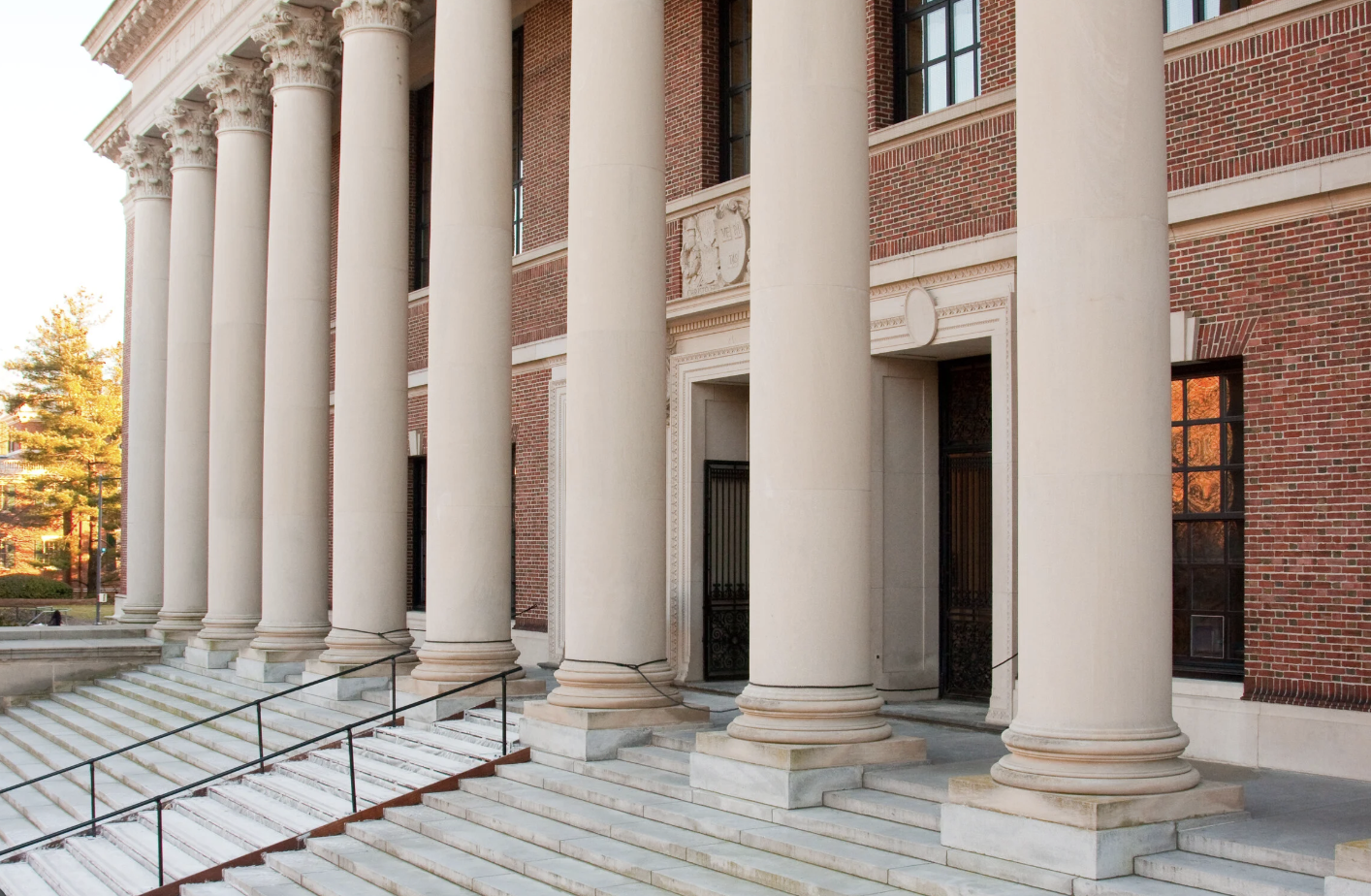Explore Our Free Expression Video Library
We’ve curated a growing collection of videos from trusted partners like FIRE, Heterodox Academy, and others committed to academic freedom and open inquiry. From expert panels to student stories, legal briefings to campus case studies—this library offers insights, tools, and real-world examples to better understand the fight for free expression in higher education.
Whether you're a student, alum, or concerned citizen, these resources are here to inform, inspire, and equip you to take action.
“Without freedom of thought, there can be no such thing as wisdom—and no such thing as public liberty without freedom of speech.”
Video Resources For Free Speech
The Chicago Trifecta: A Foundation for Academic Freedom
At the University of Chicago, three landmark statements—the Kalven Report, the Chicago Principles, and the Shils Report—have become guiding documents for universities committed to free expression, institutional neutrality, and rigorous scholarship.
Together, these documents form a powerful framework for protecting open inquiry, intellectual diversity, and academic integrity. As more colleges face pressure to abandon these values, the Chicago Trifecta offers a proven model worth defending—and replicating.
The Kalven Report (1967) affirms that universities must remain institutionally neutral on political and social issues to protect their role as a forum for diverse views.
The Chicago Principles (2014) are a clear, modern articulation of a university’s obligation to safeguard free speech—even when it is controversial or uncomfortable.
The Shils Report (1972) outlines the principles of faculty appointment and promotion rooted in merit and intellectual excellence, not ideology.
DEI and Free Speech
During the spring of 2025, Harvard University came under renewed attention from the U.S. administration. On April 11, the federal government issued a letter outlining a series of demands related to Harvard’s hiring and admissions practices.
In response, Harvard Alumni for Free Speech (HAFFS) issued the following statement, expressing its principled opposition to government overreach in Harvard’s academic affairs, while highlighting the need for the university to have policies that adequately protect free speech and academic freedom. The situation is evolving, and HAFFS is closely monitoring it.
Read the full statement here from the Harvard Alumni For Free Speech.
In May 2025, HAFFS hosted a discussion with legal experts on the disputes between Harvard and the federal government. The discussion can be viewed here:
“Facts are stubborn things; and whatever may be our wishes, our inclinations, or the dictates of our passions, they cannot alter the state of facts and evidence.”










